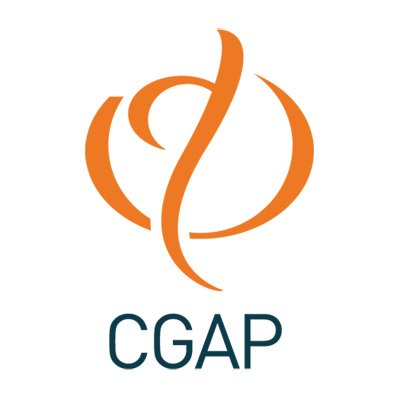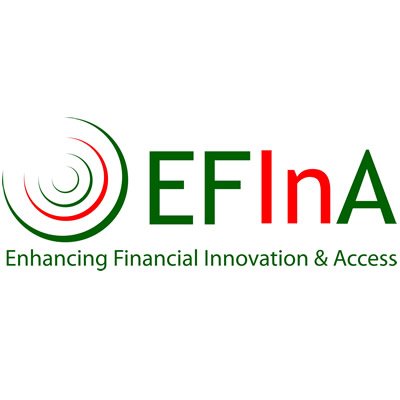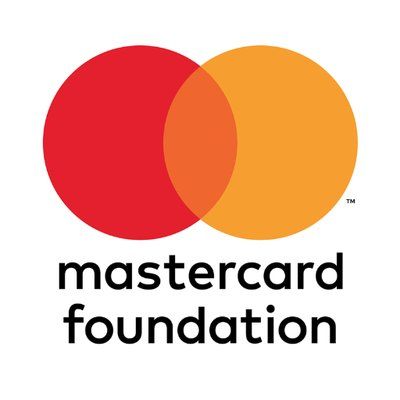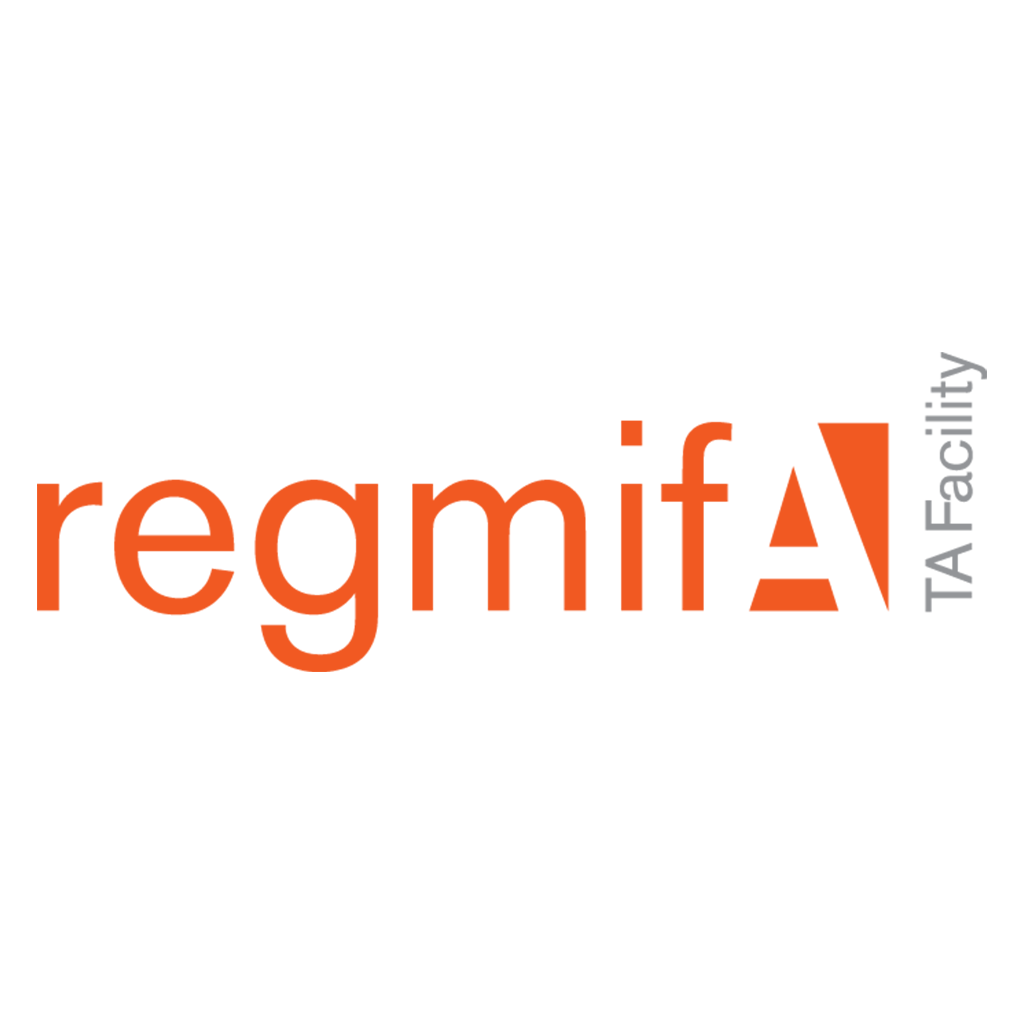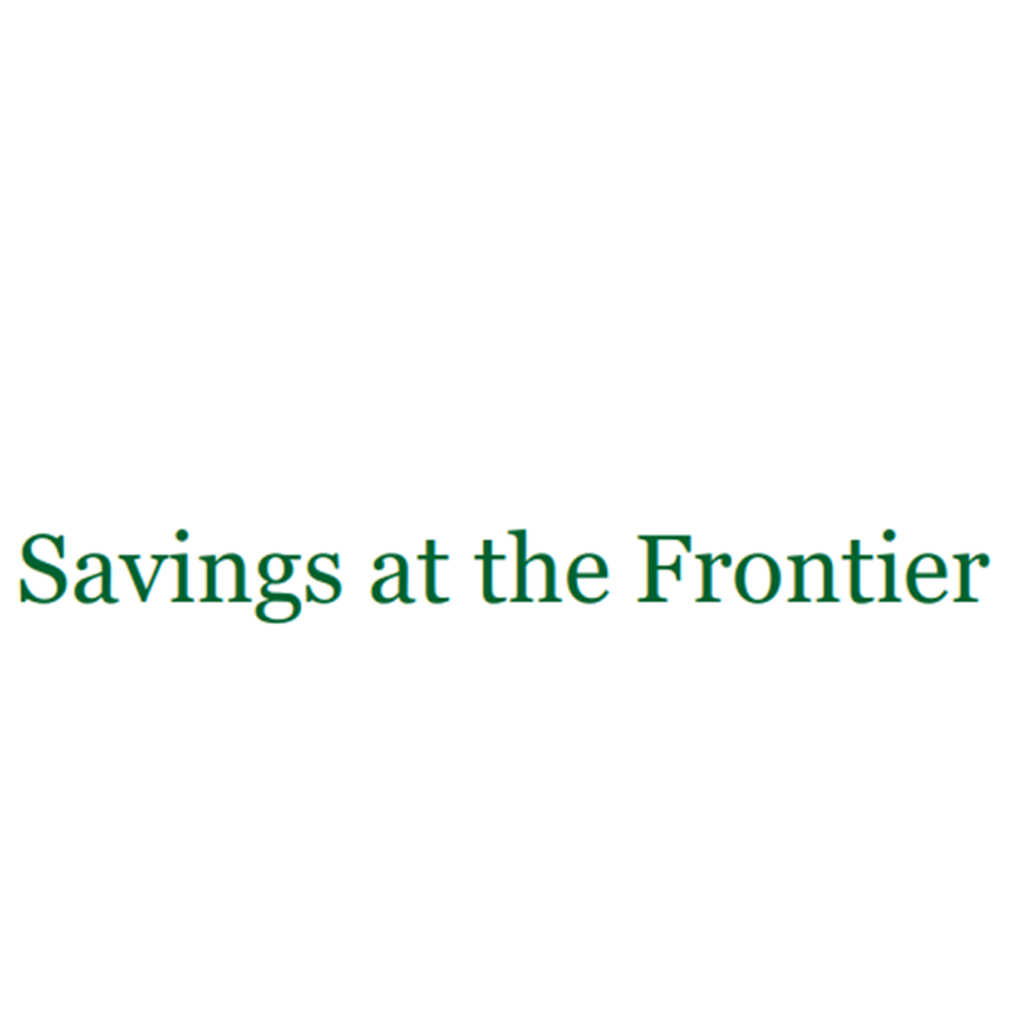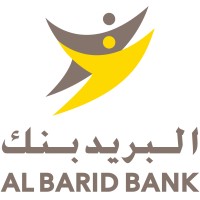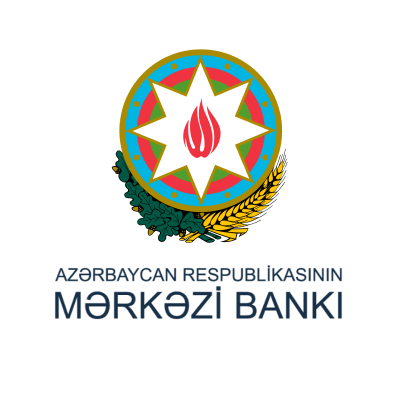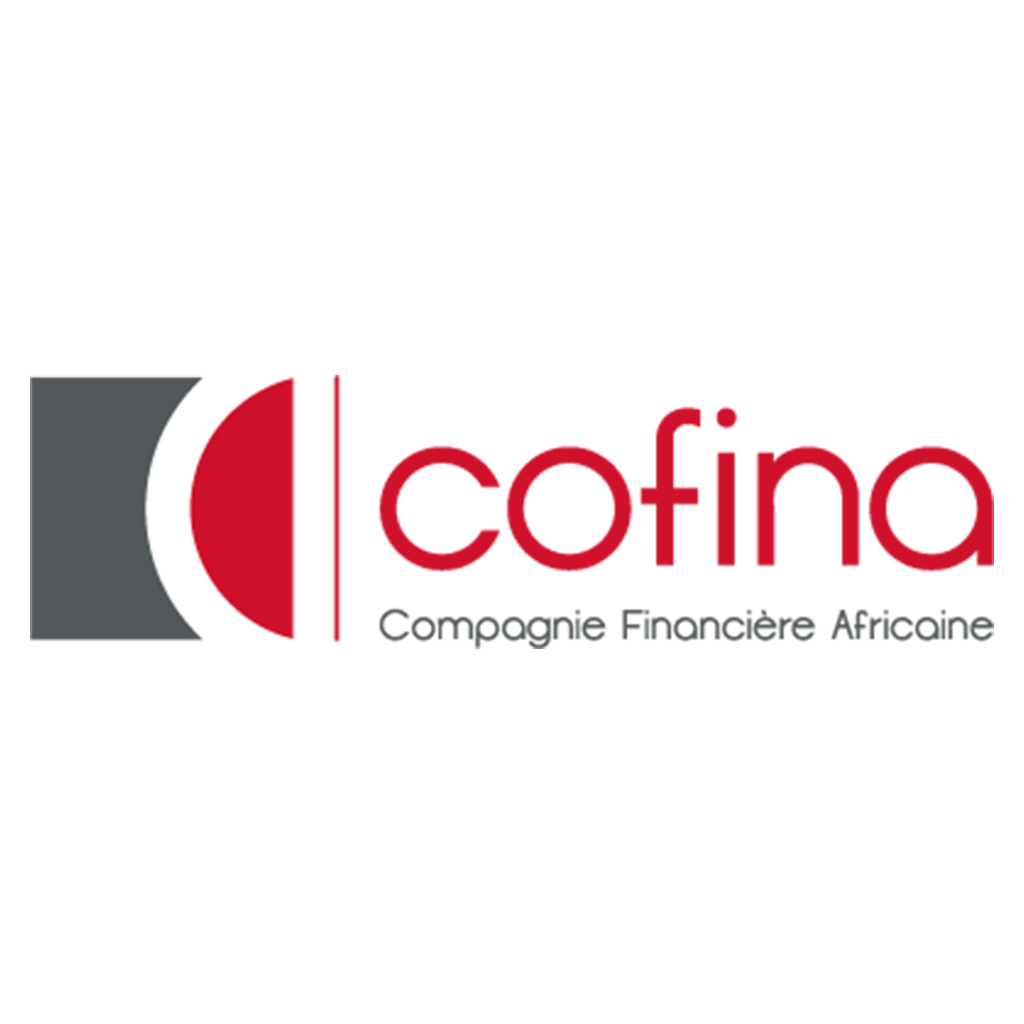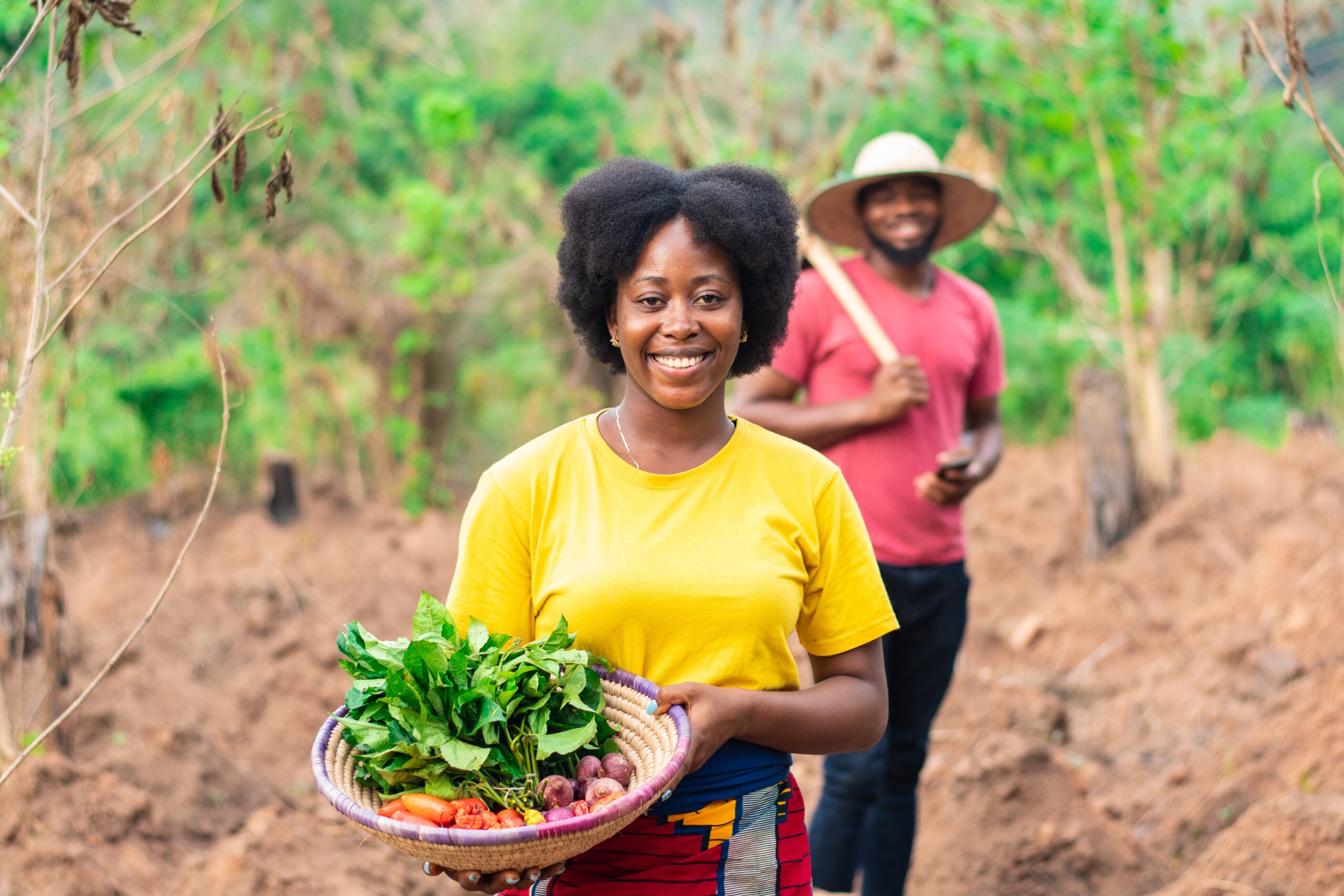Building resilience of vulnerable people
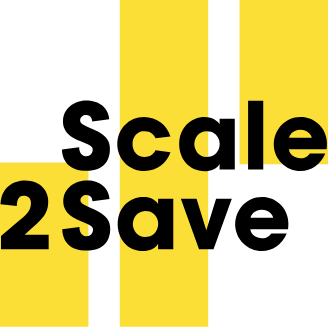
Results to date
More than 7 million women, youth and farmers worldwide provided with inclusive financial and nonfinancial services since 2008
WHAT IS SCALE2SAVE AND HOW DOES IT WORK?
Scale2Save is all about building resilience of vulnerable people
Scale2Save is WSBI’s Development Finance Practice. It aims at changing the way how financial service providers offer formal finance to rural women in enterprises and youth out of school making choices around work and life.
We assist financial services providers (FSPs) at providing better opportunities to these vulnerable people that allow them to handle acute cash-flow stress caused by shocks, invest in ecosystem-based adaptation and resilience to climate change, have better access to Digital Financial Services (DFS), Cash-In-Cash-Out (CICO) and other micro and small rural enterprise and farm business support services.
We do this by helping FSPs to access international flows of finance with a gender and climate lens for micro and small businesses and for youth on their pathways into formal employment and entrepreneurship. We also channel technical assistance grant funding to help these institutions gain better customer insights and build and track impact beyond access and inclusion
Examples of how we build an enabling ecosystem for impact
COLLABORATE
Scale2Save Builds on Decades of Experience
Scale2Save's parent WSBI and its sister organization ESBG have been supporting retail banks, international financial institutions, as well as financial policy makers and regulators since the early 1990s. Our know-how has led to inclusive financial services for whole swathes of previously unserved populations, directly impacting on several Sustainable Development Goals.
Together With Our Funding And Implementation Partners…
...WE HAVE SINCE 2008 SUPPORTED FINANCIAL SERVICES PROVIDERS IN ALL PARTS OF THE WORLD
Scale2Save is also a learning initiative, aggregating demand and supply side insights and disseminating and discussing findings with international and national sector players
LEARNING QUESTIONS GUIDE US THROUGHOUT THE ENTIRE PROCESS:
Supply Side
What constitutes a viable business model for flexible credit? How can guarantees and lending lines best be combined to solve the climate challenges financial institution customers face?
What is the value proposition for women in enterprises and youth out of school entering the labour market?
How can we accelerate the flow of adaptation and resilience finance and make sure it is delivered in a gender-smart way
How does the institutional model affect the ability to offer flexible credit to micro and small businesses hit by shock?
How and to what extent does institutional change improve the service offer to women and youth?
What are the external factors that block or facilitate financial service providers’ outreach strategies?
Demand Side
How and to what extent does credit in combination with other financial and nonfinancial services allow women to boost their businesses and youth to enter the labour market?
What financial and non-financial services do different groups of customers in the farm sector value, prioritize and need?
What are the external factors that block or facilitate women in businesses from accessing financing / young people to move quickly from school into the labour market?
Stay up-to-date with the
latest news
2023 European Microfinance Week
15-17 November 2023, Luxembourg
Building Climate Resilience for Women Entrepreneurs through Digital Innovation and Women Financial Empowerment
4 December 2023, COP UAE 28-Dubai
WSBI celebrates 29th African Regional Event in Marrakech
WSBI is delighted to announce the resounding success of its 29th African Regional Event and side events held in Marrakech on 11-13 October
Scale2Save brings Ugandan financial stakeholders to commit to financial inclusion
A WSBI knowledge sharing event in Kampala ended with joint call to action for financial inclusion.
Scale2Save Champions Inclusive Financial Services for Nigerians to Fuel Economic Recovery
In her keynote address, the Scale2Save Programme Director, Weselina Angelow, highlighted the importance of stakeholders’ knowledge sharing events such as
Centenary Bank in Uganda signs on to Scale2Save
Signed during a ceremony on 18 October in Washington, D.C., the memorandum outlines projects to introduce and test in Uganda a ‘No-Frills’ basic mobile-phone-operated






